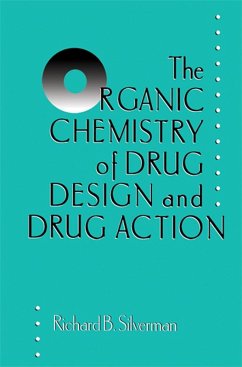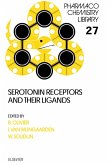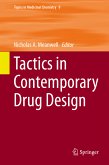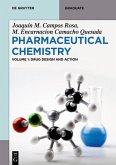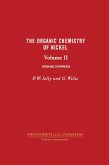n Emphasizes the use of the principles of physical organic chemistry as a basis for drug design
n Discusses organic reaction mechanisms of clinically important drugs with mechanistic schemes
n Uses figures and literature references extensively throughout
n This text is not merely a "compilation of drugs and uses," but features selected drugs as examples of the organic chemical basis for any and all drug design applications
Dieser Download kann aus rechtlichen Gründen nur mit Rechnungsadresse in A, B, BG, CY, CZ, D, DK, EW, E, FIN, F, GR, HR, H, IRL, I, LT, L, LR, M, NL, PL, P, R, S, SLO, SK ausgeliefert werden.

